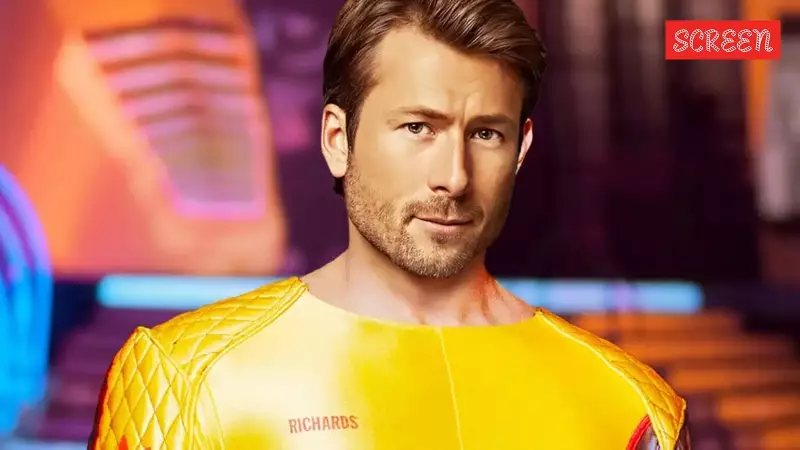
The year 2025 has finally arrived, and with it comes the long-awaited new adaptation of Stephen King's seminal novella, The Running Man. Directed by Edgar Wright, this Glen Powell-starrer attempts to capture the chilling dystopia King envisioned back in 1982, but ultimately stumbles under the weight of its own ambition, becoming a tedious affair that fails to capitalize on its timely premise.
A Prescient Dystopia That Feels All Too Real
Stephen King's original story painted a picture of a staggeringly unequal world, one where the wealthy reside in fortified enclaves while the poor are confined to desperate slums. In this grim reality, a simple case of the flu could be fatal for a child if her parents couldn't afford medication. The new film, released on November 14, 2025, retains this core concept, depicting a society kept docile by a totalitarian regime and an all-seeing network that bombards citizens with 24/7, high-octane entertainment.
As the review by Shubhra Gupta for The Indian Express astutely notes, the fictional universe of The Running Man now feels less like fiction and more like a distorted mirror of our own world. The parallels to Trump's America and other global regions, including India, are unsettlingly close. The film's central question—why do people become cogs in a propaganda machine?—resonates deeply in today's media-saturated climate.
A Promising Start That Loses Its Way
The plot follows Ben Richards (Glen Powell), a man driven to desperate measures. Lured by the promise of massive prize money from the villainous Network boss, played by Josh Brolin, Ben abandons his despairing wife (Jayme Lawson) and sick infant daughter to become a contestant on the Network's most brutal show. The premise is a modern, deadly twist on the hunger games, where participants run for their lives while being hunted by vicious Goons.
Colman Domingo shines as the jolly, manipulative emcee, whipping the studio and viewing audience into a frenzy of collective bloodlust. For every day a runner survives, money is added to their account, turning desperate citizens into modern-day gladiators for public amusement. Powell's Ben Richards is constantly on the move, his progress interrupted by relentless attacks from armed hoods led by the masked Lee Pace.
Where The Film Falters
Despite a frantic pace filled with high-window dives and hijackings of self-driving cars, the film struggles to maintain momentum. While the action is technically proficient, it lacks emotional depth. A moment of respite comes from the rebels, notably a character played by Michael Cera, whose ready wit provides a brief, welcome break from the breathless chases.
The film's most significant flaw lies in its lead performance. When confronted with the moral compromise of his actions, Ben's defense that he is doing it "for his family" is a moment that should cut to the bone. However, the review points out that Glen Powell fails to dig deep enough to convey the necessary internal conflict. The character's righteous anger, so potent in Arnold Schwarzenegger's 1985 portrayal, feels superficial here.
Without this central emotional anchor, the film's second half becomes a repetitive drag, failing to evolve beyond its initial setup. The social commentary, while potent in theory, gets lost in a cacophony of noise and thunder, making The Running Man a disappointing non-starter.
Final Verdict: With a rating of 2.5 out of 5 stars, this 2025 adaptation of The Running Man serves as a stark reminder that a compelling concept and timely themes are not enough to carry a film. It ultimately buckles under its own weight, leaving audiences with a sense of unfulfilled potential.






